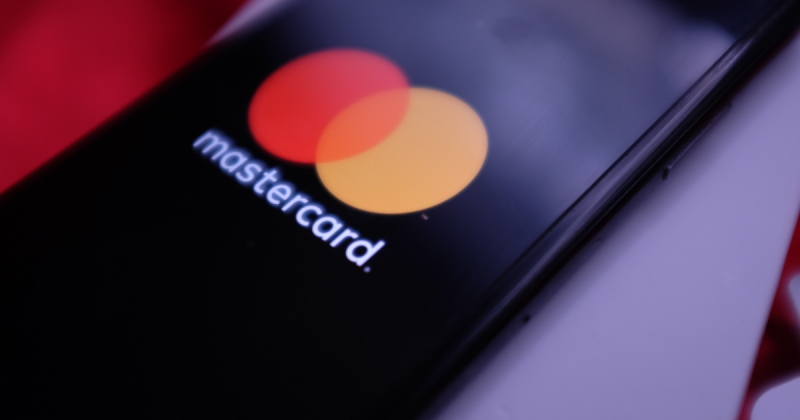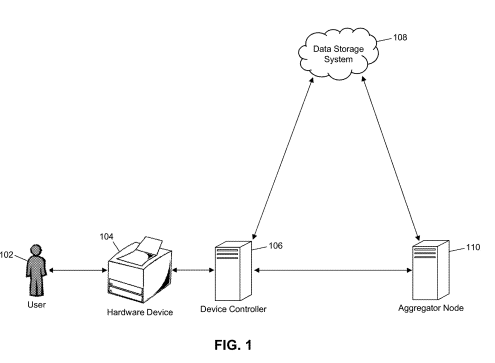
Mastercard Files Patent for IOTA Tangle-Based Billing System
Mastercard's latest patent describes an IOTA-like billing system for libraries and maker spaces.
Mastercard Asia/Pacific has filed a patent for a billing system based on IOTA’s Tangle. The concept is detailed in a recent patent application titled “Method and System for Device Micropayment Aggregation based on Tangle Network.”
Mastercard’s Transparent Billing System
Mastercard’s patent application describes an approach to billing device usage through a transparent storage system. For example, the method could be used to bill for library or “maker space” devices like 3D printers, computer printers, and photocopiers.
Right now, many systems rely on coin-operated or prepaid accounts, Mastercard’s patent says. These systems often lock users into paying for more device usage than they actually need.
By contrast, the proposal would manage and stores all information related to usage—from user identities to time spent and usage amounts—on a Tangle. This allows users to pay for precisely what they need with their credit card or another payment service.
The fact that this approach is transparent also “ensures that no user is taken advantage of,” Mastercard’s filing explains. Under the proposed system, users would be able to monitor their usage, and third parties would be able to audit the payment records.
Based on Tangle, not IOTA
Mastercard’s patent application does not necessarily mean that the payments provider is planning to build an app on IOTA, nor does it mean that it will use IOTA’s cryptocurrency, MIOTA.
It only means that Mastercard has recognized IOTA’s Tangle as a practical design and that Mastercard could design a network similar to the Tangle.
The filing mentions that other blockchains could be used to the same end.
Furthermore, the fact that Mastercard has filed a patent does not necessarily mean that it will turn its plans into a real product. Mastercard has filed at least 80 blockchain-related patents, most of which have not come to fruition.
Nevertheless, the fact that Mastercard has explicitly mentioned IOTA is a good sign that the project is gaining recognition in mainstream industries. Given that IOTA is aiming for “machine economy” use cases rather than consumer spending, this sort of recognition is vital.

